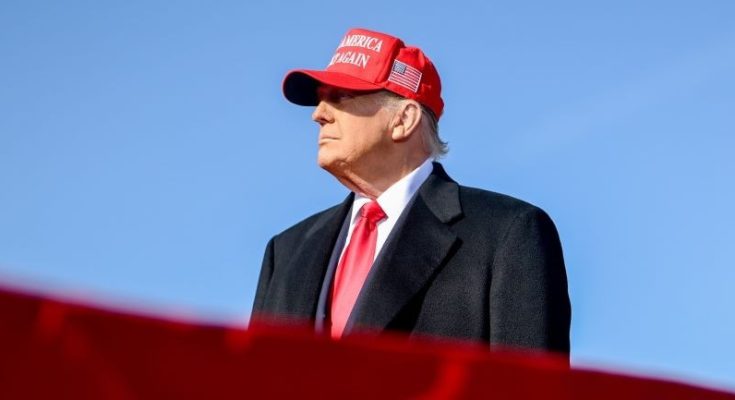#DonaldTrump#UnitedStates#DaylightSavingTime#DST
Washington D.C./IBNS-CMEDIA: US President-elect Donald Trump has intended to put an end to the Daylight Saving Time, a biannual practice of changing clock time seasonally in the country.
In an X post, Trump said he would intend to “eliminate” the practice, which dates back to World War I.
“The Republican Party will use its best efforts to eliminate Daylight Saving Time, which has a small but strong constituency, but shouldn’t! Daylight Saving Time is inconvenient, and very costly to our Nation,” the President-elect, who will take charge of the office in January 2025, wrote on X.
The Republican Party will use its best efforts to eliminate Daylight Saving Time, which has a small but strong constituency, but shouldn’t! Daylight Saving Time is inconvenient, and very costly to our Nation.— Donald J. Trump (@realDonaldTrump) December 13, 2024
DST is a practice of moving the time ahead by an hour in spring and back by an hour in autumn for the maximum use of sunlight.
The US started practice way back in 1918 during the first world war to save fuel. It was withdrawn after the war.
DST, which was not popular among farmers, was reintroduced during the second world war and was made permanent in 1966.
But provisions were made to facilitate individual states to opt out of the system.
For example, Hawaii and the majority of Arizona do not follow the system.
In 2022, the system was proposed to be made permanent with a bill- Sunshine Protection Act- which was introduced by Florida senator Marco Rubio, who has been picked by Trump as the secretary of state in the upcoming government.
While people backing the DST highlight the conservation of fuel, reducing crime rate as the benefits of the system, health experts endorsed the following of standard time.
Beneficial to health, better sleep cycle are some of the reasons put forward by the ones who favour the elimination of DST, which is followed by one-third of the world.
While Mexico is a nation to drop DST, Turkey and Russia have made the practice permanent in their countries.





